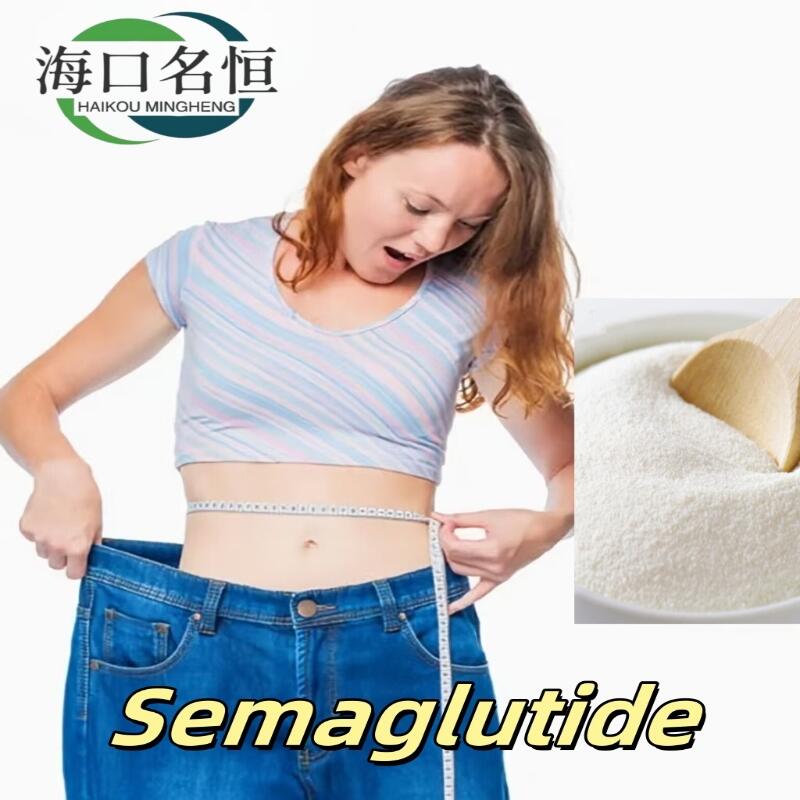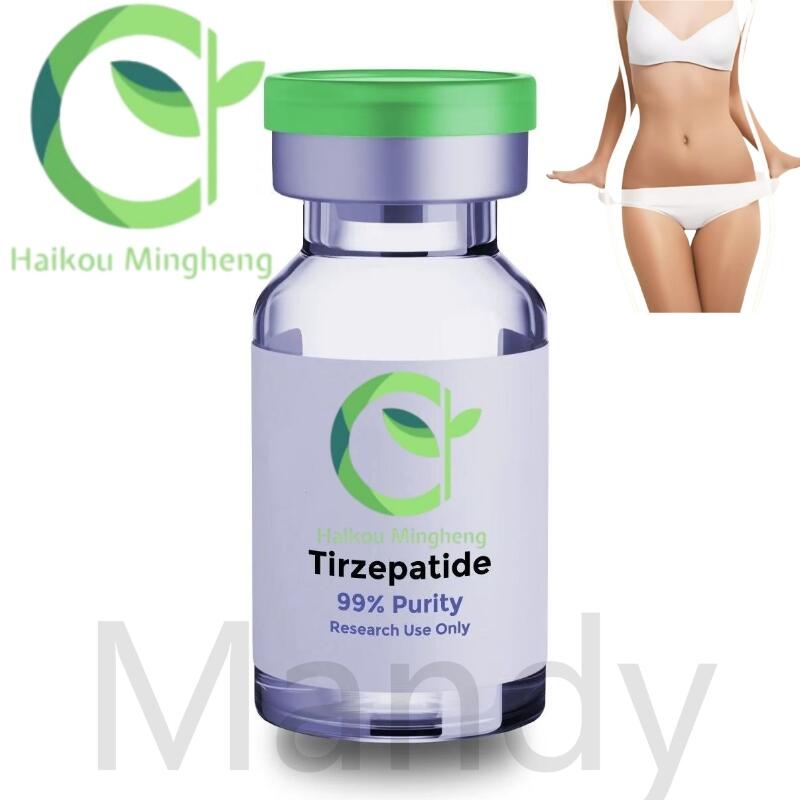-
Categories
-
Pharmaceutical Intermediates
-
Active Pharmaceutical Ingredients
-
Food Additives
- Industrial Coatings
- Agrochemicals
- Dyes and Pigments
- Surfactant
- Flavors and Fragrances
- Chemical Reagents
- Catalyst and Auxiliary
- Natural Products
- Inorganic Chemistry
-
Organic Chemistry
-
Biochemical Engineering
- Analytical Chemistry
-
Cosmetic Ingredient
- Water Treatment Chemical
-
Pharmaceutical Intermediates
Promotion
ECHEMI Mall
Wholesale
Weekly Price
Exhibition
News
-
Trade Service
Fertirelin acetate is a synthetic hormone used in the fertilizer industry.
It is primarily used as a nitrogen source for crops and is often added to fertilizers in the form of urea-based products.
The safety of fertirelin acetate, however, has been a topic of much debate in recent years, as concerns have been raised about its potential effects on both human health and the environment.
One of the primary concerns surrounding fertirelin acetate is its potential to leach into groundwater.
Fertilizers containing urea-based products, such as fertirelin acetate, can break down in soil, releasing ammonia and other nitrogen compounds that can contaminate groundwater.
This can have serious consequences for nearby communities, as contaminated water can lead to health problems and decreased crop yields.
Another concern surrounding fertirelin acetate is its potential for environmental damage.
The use of synthetic nitrogen fertilizers like fertirelin acetate has been linked to increased levels of greenhouse gases in the atmosphere, as well as the destruction of soil and water habitats.
The overuse of fertilizers like fertirelin acetate can lead to the depletion of soil nutrients, soil erosion, and the destruction of soil structure, which can ultimately lead to decreased crop yields and agricultural sustainability.
The potential health effects of exposure to fertirelin acetate have also been the subject of much debate.
While the majority of studies have found no evidence of harm to human health, some studies have suggested that exposure to high levels of fertirelin acetate could have adverse effects.
In particular, there is some evidence to suggest that exposure to high levels of fertirelin acetate could lead to the development of cancer in humans.
One of the primary routes of exposure to fertirelin acetate is through the consumption of food, as the chemical can be found in trace amounts in a variety of crops.
While the levels of fertirelin acetate found in food are generally considered safe, some studies have suggested that long-term exposure to high levels of the chemical could have adverse effects on human health.
The World Health Organization (WHO) has classified fertirelin acetate as a Group 2B carcinogen, which means that it is possibly carcinogenic to humans.
While the evidence regarding the health effects of fertirelin acetate is mixed, there is some evidence to suggest that exposure to the chemical could have adverse effects on the environment.
For example, the overuse of fertilizers like fertirelin acetate can lead to the creation of "dead zones" in bodies of water, where the levels of oxygen are so low that aquatic life cannot survive.
Additionally, the use of synthetic nitrogen fertilizers like fertirelin acetate can contribute to the greenhouse gas effect, which can lead to climate change and its associated effects.
In summary, the safety of fertirelin acetate is a complex issue that has been the subject of much debate.
While the majority of studies have found no evidence of harm to human health, some studies have suggested that exposure to high levels of the chemical could have adverse effects.
Additionally, concerns have been raised about the potential for fertirelin acetate to leach into groundwater, contribute to the creation of "dead zones," and contribute to climate change through the production of greenhouse gases.
As such, it is important for policymakers and the fertilizer industry to carefully consider the potential effects of fertirelin acetate and other synthetic nitrogen fertilizers in order to ensure the long-term sustainability of agriculture and the environment.







